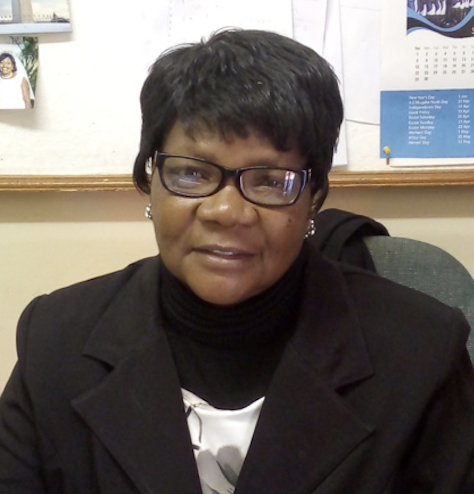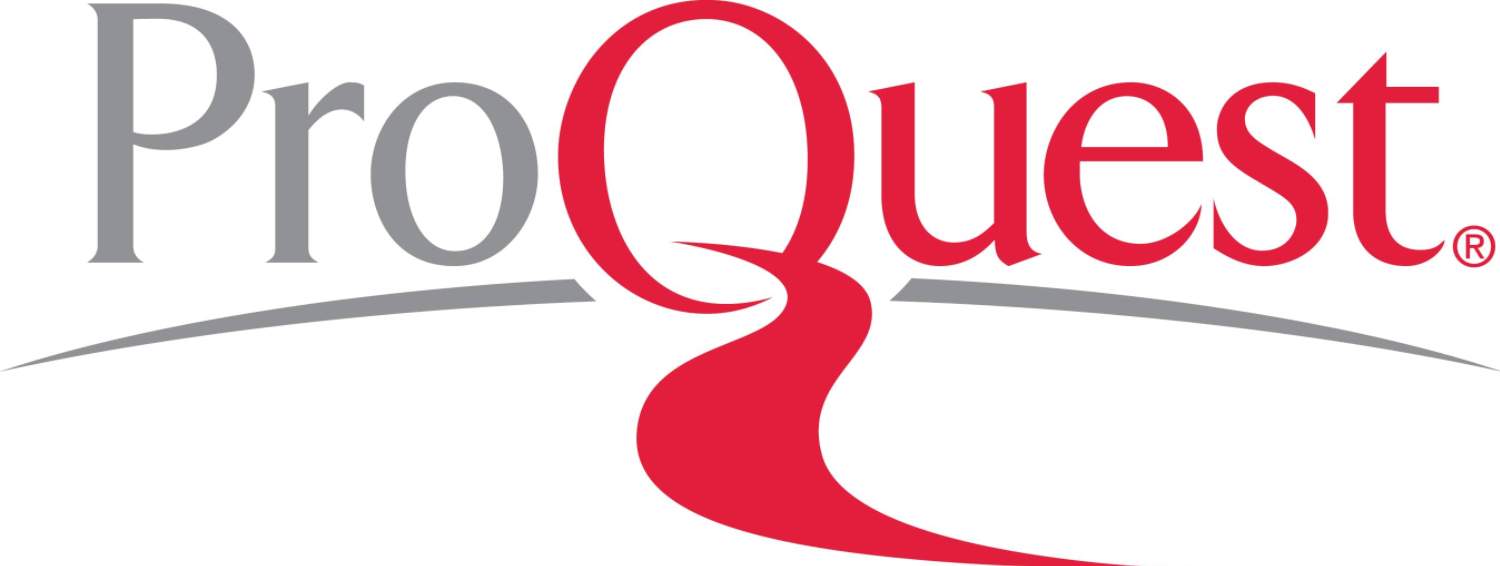by
George Macgregor, Institutional Repository Coordinator, University of Strathclyde
This guest blog post briefly reviews why the CORE Recommender was quickly adopted on Strathprints and how it has become a central part of our quest to improve the interactive qualities of repositories.
Back in October 2016 my colleagues at the CORE Team released their Recommender plugin. The CORE Recommender plugin can be installed on repositories and journal systems to recommend similar scholarly content. On this very blog, Nancy Pontika, Lucas Anastasiou and Petr Knoth, announced the release of the Recommender as a:
…great opportunity to improve the functionality of repositories by unleashing the power of recommendation over a huge collection of open-access documents, currently 37 million metadata records and more than 4 million full-text, available in CORE*.
(* Note from CORE Team: the up-to-date numbers are 80,097,014 metadata and 8,586,179 full-text records.).
When the CORE Recommender is deployed a repository user will find that as they are viewing an article or abstract page within the repository, they will be presented with recommendations for other related research outputs, all mined from CORE. The Recommender sends data about the item the user is visiting to CORE. Such data include any identifiers and, where possible, accompanying metadata. The CORE response to the repository then delivers CORE’s content recommendations and a list of suggested related outputs are presented to the user in the repository user interface. The algorithm used to compute these recommendations is described in the original CORE Recommender blog post but is ultimately based on content-based filtering, citation graph analysis and analysis of the semantic relatedness between the articles in the CORE aggregation. It is therefore unlike most standard recommender engines and is an innovative application of open science in repositories.
Needless to say, we were among the first institutions to proudly implement the CORE Recommender on our EPrints repository. The implementation was on Strathprints, the University of Strathclyde’s institutional repository, and was rolled out as part of some wider work to improve repository visibility and web impact. The detail of this other work can be found in a poster presented at the 2017 Repository Fringe Conference and
a recent blog post read more...

 Barbora is an Assistant Professor at the Department of Politology and Philosophy, Faculty of Arts, at the University of Jan Evangelista Purkyně, Ústí nad Labem, Czech Republic.
Barbora is an Assistant Professor at the Department of Politology and Philosophy, Faculty of Arts, at the University of Jan Evangelista Purkyně, Ústí nad Labem, Czech Republic.  Nick has worked in scholarly communications for over 10 years, currently as Open Research Advisor at the University of Leeds. Previously he was Research Services Advisor at Leeds Beckett University. Nick is interested in effective dissemination of research through sustainable models of open access, including underlying data, and potential synergies with open education and Open Educational Resources (OER), particularly underlying technology, software and interoperability of systems.
Nick has worked in scholarly communications for over 10 years, currently as Open Research Advisor at the University of Leeds. Previously he was Research Services Advisor at Leeds Beckett University. Nick is interested in effective dissemination of research through sustainable models of open access, including underlying data, and potential synergies with open education and Open Educational Resources (OER), particularly underlying technology, software and interoperability of systems. Gloria is a lecturer in the Centre for Language and Communication Studies, Institute of Lifelong Learning and Development Studies at Chinhoyi University of Technology in Zimbabwe. She has special responsibility for coordinating the Information Literacy Skills component of the Communication Skills module. She is a former Library Director at the same institution.
Gloria is a lecturer in the Centre for Language and Communication Studies, Institute of Lifelong Learning and Development Studies at Chinhoyi University of Technology in Zimbabwe. She has special responsibility for coordinating the Information Literacy Skills component of the Communication Skills module. She is a former Library Director at the same institution. George is an Institutional Repository Co-ordinator at the University of Strathclyde. His interests and expertise are in structured open data, especially within repositories and semantic web contexts, information retrieval, distributed digital repositories and human-computer interaction.
George is an Institutional Repository Co-ordinator at the University of Strathclyde. His interests and expertise are in structured open data, especially within repositories and semantic web contexts, information retrieval, distributed digital repositories and human-computer interaction.  David is the Open Access Officer at Brunel University London based within the Scholarly Communication & Rights Management team. He is an advocate of OA publishing, and of building services that realise the movement within local institutional communities. David has spoken at UKSG, NASIG, RLUK and Altmetric conferences about this topic in recent years. David is an ambassador for the CORE service.
David is the Open Access Officer at Brunel University London based within the Scholarly Communication & Rights Management team. He is an advocate of OA publishing, and of building services that realise the movement within local institutional communities. David has spoken at UKSG, NASIG, RLUK and Altmetric conferences about this topic in recent years. David is an ambassador for the CORE service. Milica is a librarian at the Institute of Technical Sciences of the Serbian Academy of Sciences and Arts since 2007. Her education background is in art history and her previous work experience includes heritage policies and documentation standards, heritage-related civil society projects and digitisation, traditional librarianship and bibliography. Currently, her professional interests focus on Open Science, library services aimed at supporting research activities, training on academic services and tools, information literacy and research ethics. Since November 2014, she has been serving as the EIFL Open Access country coordinator in Serbia. In this capacity, she designed and coordinated the project –
Milica is a librarian at the Institute of Technical Sciences of the Serbian Academy of Sciences and Arts since 2007. Her education background is in art history and her previous work experience includes heritage policies and documentation standards, heritage-related civil society projects and digitisation, traditional librarianship and bibliography. Currently, her professional interests focus on Open Science, library services aimed at supporting research activities, training on academic services and tools, information literacy and research ethics. Since November 2014, she has been serving as the EIFL Open Access country coordinator in Serbia. In this capacity, she designed and coordinated the project –